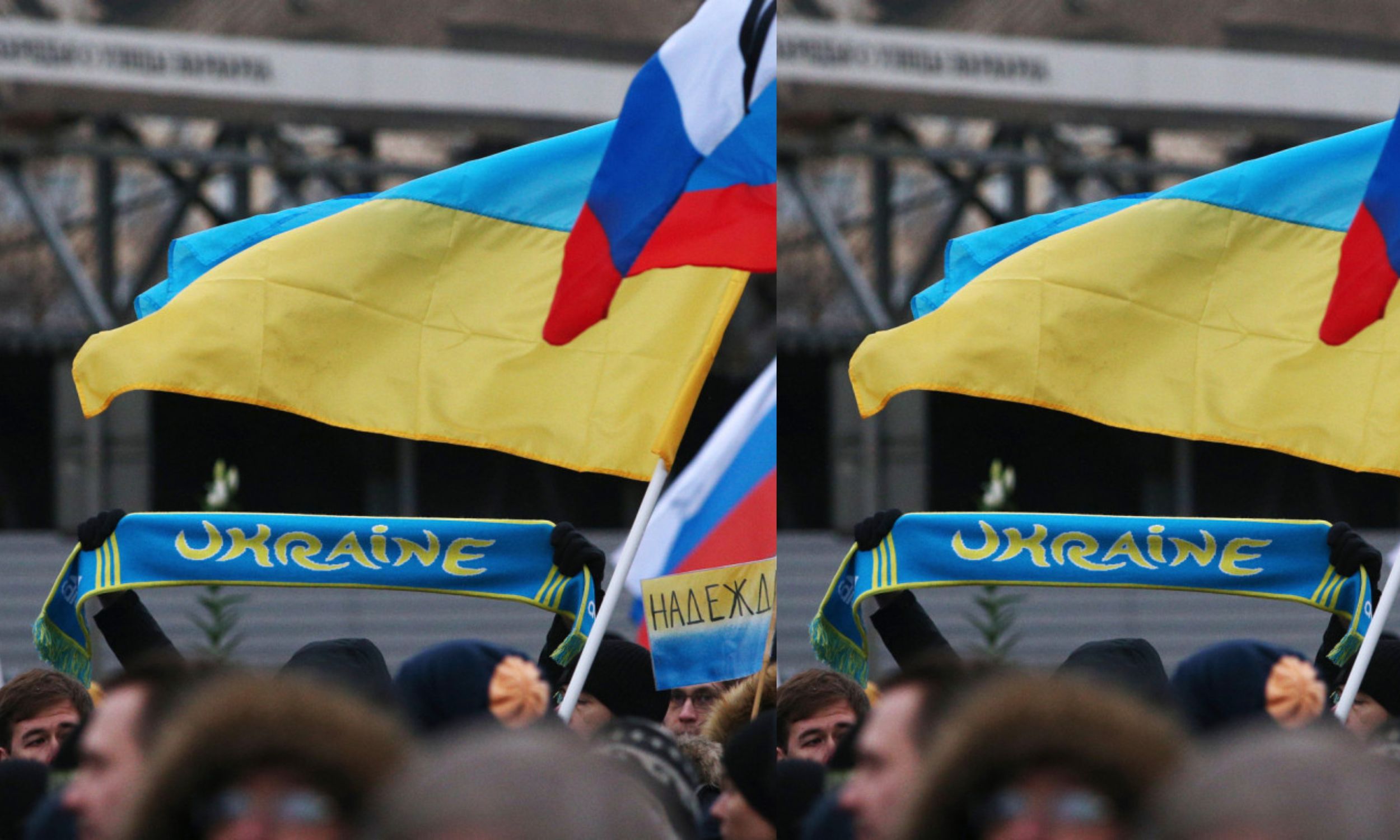In a rare display of solidarity, French President Emmanuel Macron and German Chancellor Olaf Scholz have agreed to permit Ukraine to launch strikes against Russian military targets using European weaponry, albeit with certain restrictions.
This united front comes after years of discord between Paris and Berlin on how to address the Russian threat. France has remarkably shifted its stance from pursuing dialogue to adopting a more hawkish approach, while Germany has gradually toughened its policy without explicitly provoking Putin.

The Biden administration has also given the green light for Ukraine to strike Russian territory, but only in the vicinity of Kharkiv. As the conflict escalates, the US and European allies must strike a delicate balance between supporting Ukraine and preventing it from launching a full-scale offensive.
The allies must also work towards a ceasefire and a permanent peace settlement based on current borders, as advocated by Macron and Scholz.
Failure to achieve a diplomatic solution may lead to catastrophic consequences, as warned by Putin. The Russian president has threatened to expand the conflict to new fronts, support separatist movements in Eastern Europe, and even deploy tactical nuclear weapons.
Historical wisdom from Otto von Bismarck, the 19th-century German chancellor, cautions against underestimating Russia’s resolve and highlights the need for a comprehensive treaty to establish Euro-Atlantic security.
As the stakes grow higher, Europe must heed Bismarck’s warning and cross the treacherous landscape with caution. Will the allies’ united front lead to a peaceful resolution, or will it provoke Russia into further aggression? The fate of Europe and the world hangs in the balance.


